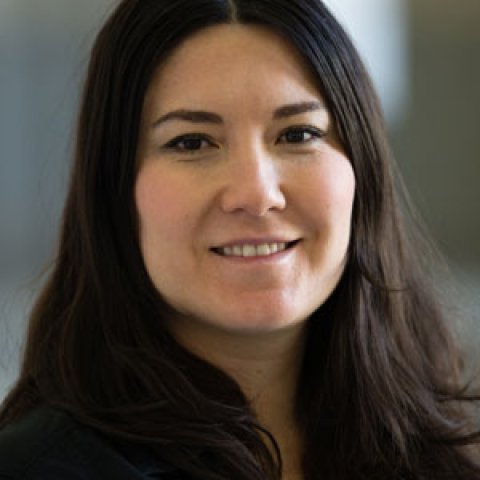Raisa Borshchigova
Former Galina Starovoitova Fellow on Human Rights and Conflict Resolution
Professional Affiliation
Project Coordinator, Center for Peacebuilding and Community Development
Expert Bio
Raisa Borshchigova was born in Chechnya. Her teenage years coincided with two devastating wars that hit the region in 1994 and 1999. She studied French language and literature at the Chechen State University. As a student in a war zone, she helped foreign journalists to arrange interviews throughout Chechnya.
In 2006 she received an Etudes Sans Frontier’s scholarship to study in Paris, France. There she obtained a Master’s degree in Journalism at the Centre de Formation des journalists (Center for Journalism Studies) in 2009. She also spent one semester at the School of International and Public Affairs at Columbia University in 2009.
After three years of study abroad, Raisa returned to Chechnya and worked as grants manager in Grozny’s office of the International Rescue Committee (IRC). In parallel, she volunteered at a local women’s NGO “Doveriye” (“Trust”). She organized roundtables with local authorities and Imams to discuss gender-based violence (specifically domestic violence) in the Chechen society.
In 2010 a man armed with a paintball gun shot her with a rubber bullet in a Grozny street because she was not wearing headscarf. She went on to participate in a complaint aimed at stopping men in military uniform from shooting women for not wearing headscarves.
In 2010, she became a correspondent at the first North Caucasus independent trimestral news magazine “Dosh.” She wrote stories about internally displaced persons (IDPs) living in temporary accommodations in Grozny and about environmental issues in Chechnya.
In 2014, she started working as a coordinator for the Young Women Development Project, an intensive, rights-based extracurricular program for teenage girls which brings international best practices to working with girls in the North Caucasus.
Until 2017, she was a member of the Public Oversight Commission for Human Rights (POC) in detention centers in Chechnya. She visited all types of detention facilities to monitor conditions and rights of detainees and prisoners, edited reports for the “Memorial” human rights center about conditions of detainees and prisoners, and monitored court processes.
Along the way, Raisa regularly helped different international human rights organizations such as Human Rights Watch and International Crisis Group to find victims of human rights abuses and arrange meetings with them in order to get their testimonies.
Wilson Center Project
"Women's Fluctuating Status in Society and Role in the Social and Political Life of the Chechen Republic"
Project Summary
Chechnya’s decade-long policy of extreme gender-based discrimination and oppression of women and girls is a deliberate and key aspect of the republic’s construction of a highly repressive, authoritarian political system. It reinforces the patriarchal control and violence that women experience in their private lives. My study is about how Chechen women and girls identify these policies as an assault on their rights and freedoms, how they devise strategies of resistance, and how women’s and girls’ efforts to win back their rights and reclaim their equal status may present the most powerful challenge to the totalitarian ambitions of Ramzan Kadyrov.

